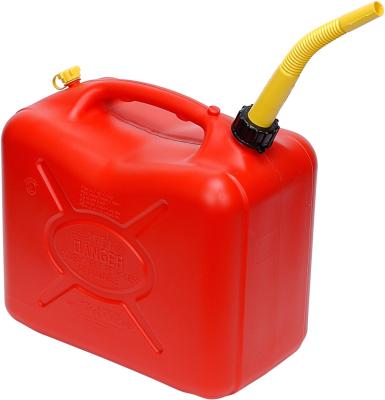As the Sumner County Commission prepares to vote tonight on setting a tax rate that would in part fund a $4000 raise for every teacher in the county, local educator Kyle Craighead explains the importance of taking this step.
My name is Kyle Craighead, and I have lived in Sumner County my entire life except for the four years I attended Lipscomb University. I am a proud graduate of Hendersonville High School and am thankful for the education I received at Lakeside Park, Hawkins, and HHS. I began teaching science at Merrol Hyde Magnet School in 2008, where I also at various points coached basketball, tennis, and served as the athletic director and as a teacher leader. From 2016-2018 I taught biology and served as a teacher leader at Gallatin High School. I am currently in my 2nd year as an assistant principal at White House High school and am in my 12th year overall in education. My wife, brother, and several cousins are educators in Sumner County. Education is a calling, and my family is 100% devoted to doing what is right by our students in Sumner County.
You will likely hear many facts and figures tonight, and I have a few of my own, but I want to first tell a story. This summer in June we were interviewing for an open teaching position, and at the end of the interview we asked the prospective teacher if he had any questions for us. He then asked, “Well I don’t know how to ask this without sounding selfish, but I looked up the pay scale in Sumner County, and it looks like to me that I would take almost a 1200 dollar pay cut if I moved over here. I know that can’t be correct, so can you explain this to me?”
How do you answer that question? Sumner is the 9th wealthiest county in TN out of 95 counties. Robertson is 21st . I’m not talking about Williamson. I’m not talking about Davidson or Rutherford. Robertson is across the street from White House Middle School…literally. White House Heritage is less than 1 mile from White House High School. Let that sink in a minute. This is not a distant competitor.
When finding prospective teachers, we pride ourselves on selling a strong student and faculty culture as well as a supportive community, and it works. Everyone wants to work where they are respected and have growth opportunities. We have accomplished this in Sumner County Schools. But as the Sumner County Community as a whole, how can a brand new teacher looking for a job out of college think that they are supported when Robertson, Davidson, Wilson, Trousdale, and Macon counties all pay first year teachers more? How many teachers overlook Sumner immediately? How many drop out of interview pools when they figure out the pay scale? How many of our top level Sumner County graduates are going to decide to teach in a different county? When you’re talking about a salary of 35,000 dollars, every bit counts.
I want to say this to all parents of Sumner County students: you, like us, want the best education for your child. There are endless studies on the biggest influence on a student’s learning, and every one of them point to the classroom teacher as the most important factor. I am a parent of a future student in our county, and I don’t just merely want good teachers. I expect it. I demand it, just like all of the rest of the parents out there.
In summary, I hope you all see that I am not clamoring for ridiculous teacher pay increases. I’m not even arguing that teachers work way more and are far more devoted that anyone outside of education understands, because although those are very true and valid points, I’m making a simpler point and it is incredibly easy to understand:
Robertson, Trousdale, and Macon have a combined total of 95,000 residents. Sumner has over 160,000. Sumner routinely outperforms those other 3 counties on every measurable piece of student achievement and growth, and that’s because we have amazing teachers.
In terms of wealth, Sumner is 9th, Robertson is 21st, Trousdale is 40th, and Macon is 85th.Based on that evidence, how can Sumner continue to pay the least and expect to have the best teachers in the future?

For more on education politics and policy in Tennessee, follow @TNEdReport
Your support – $5 or more today — helps make publishing education news possible.






